The crew’s track record of outreach
Group learning through shared activities
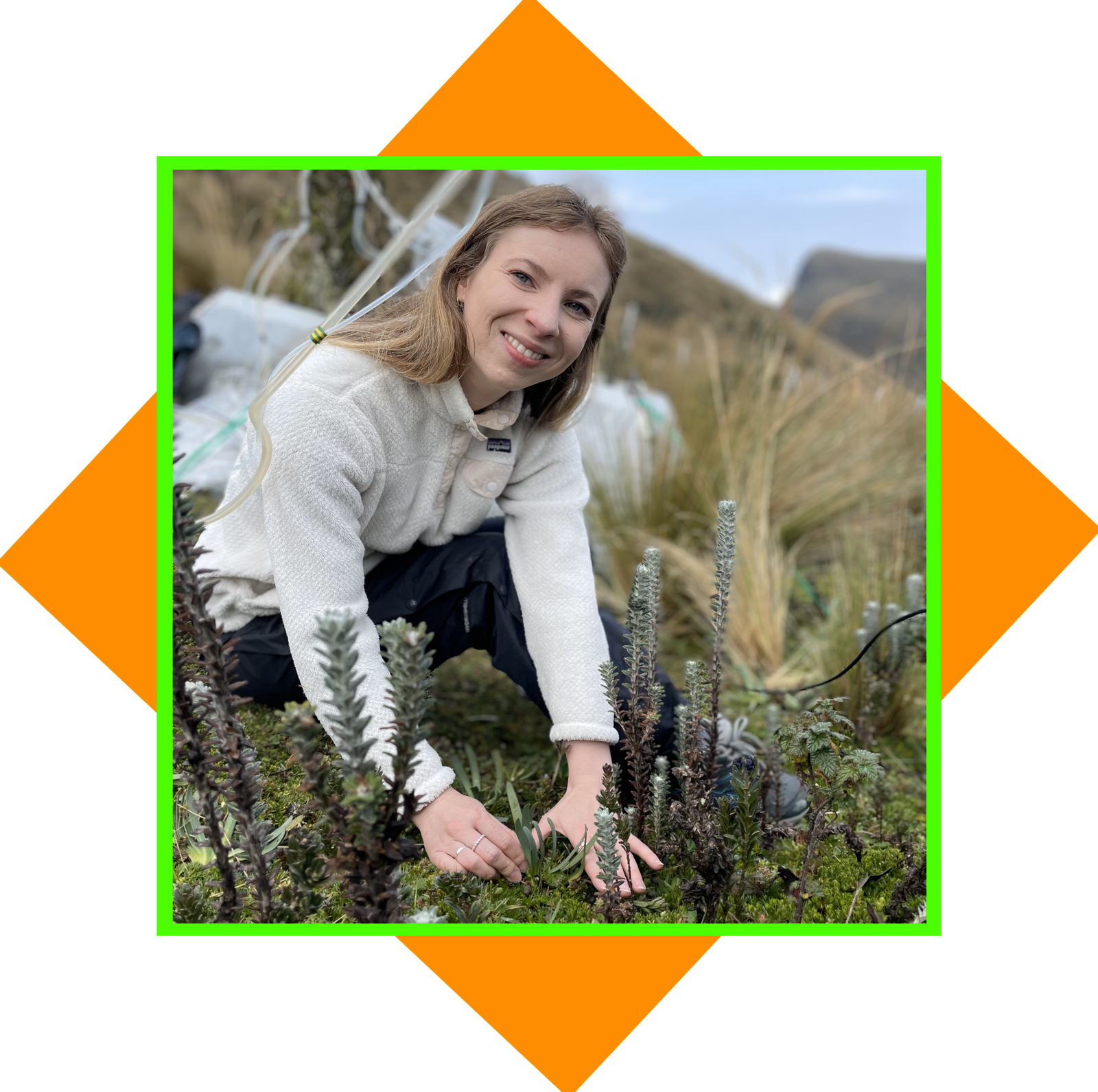
Teaching the teachers
Dr Smart brought together scientists and researchers for a hands-on practice session (for example, how to create a cloud in a bottle) in hosting outreach events. This unique opportunity allowed educators to improve their demonstration skills while also contributing to the mission of informing others about climate change and its long-term impact on our planet. The attendees found it to be an empowering experience and were eager to put their newly acquired skills to use.
How it works: As the water in the bottle evaporates, it adds water vapour to the air inside the bottle. These vapour require cloud formation nuclei where they can condense. This is provided by smoke particles that aid in the condensation process. Squeezing and releasing the bottle causes the pressure to drop and the temperature to lower, allowing the homemade cloud to form.
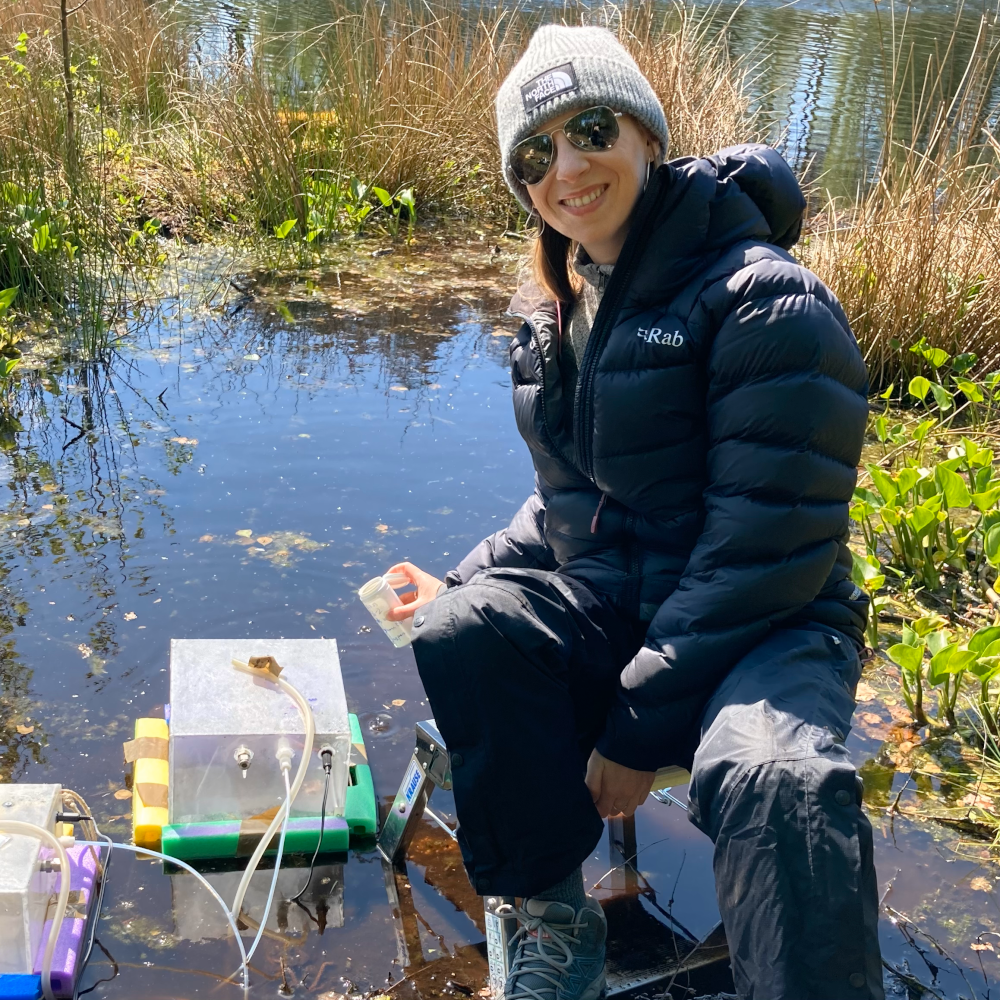
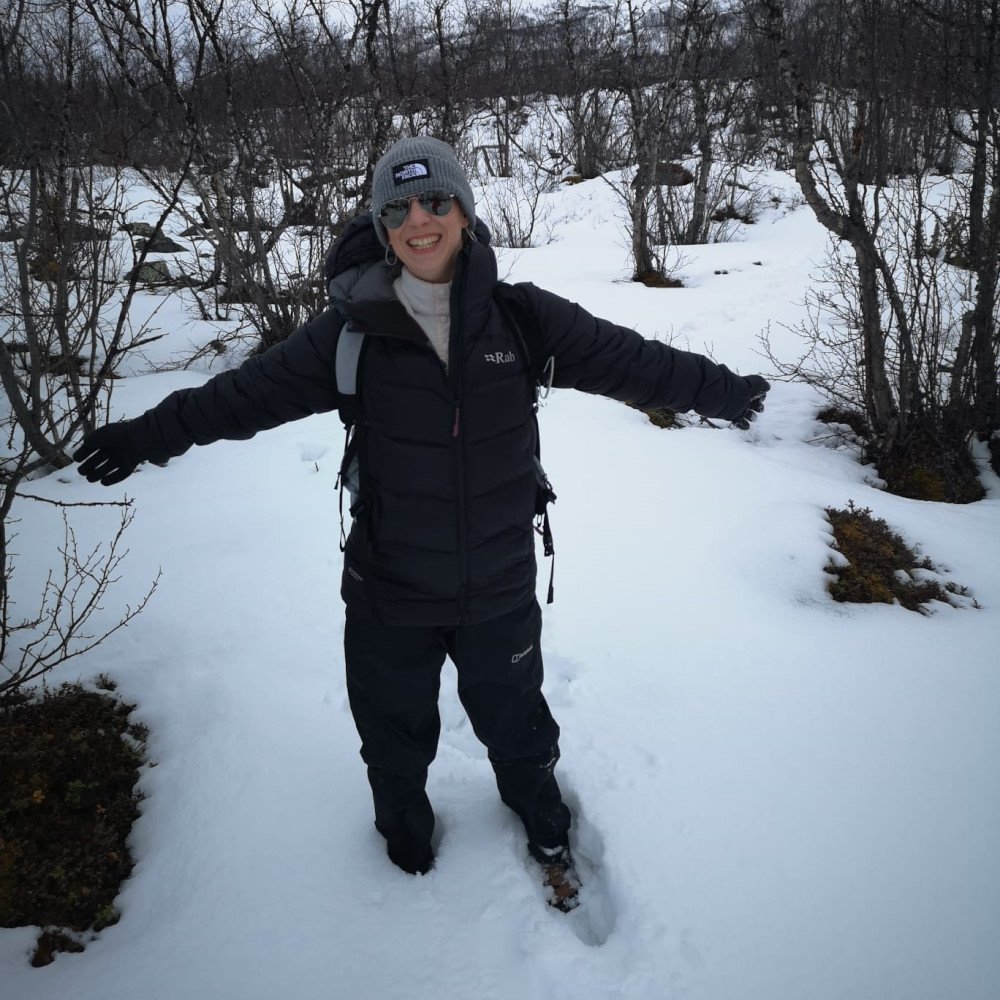
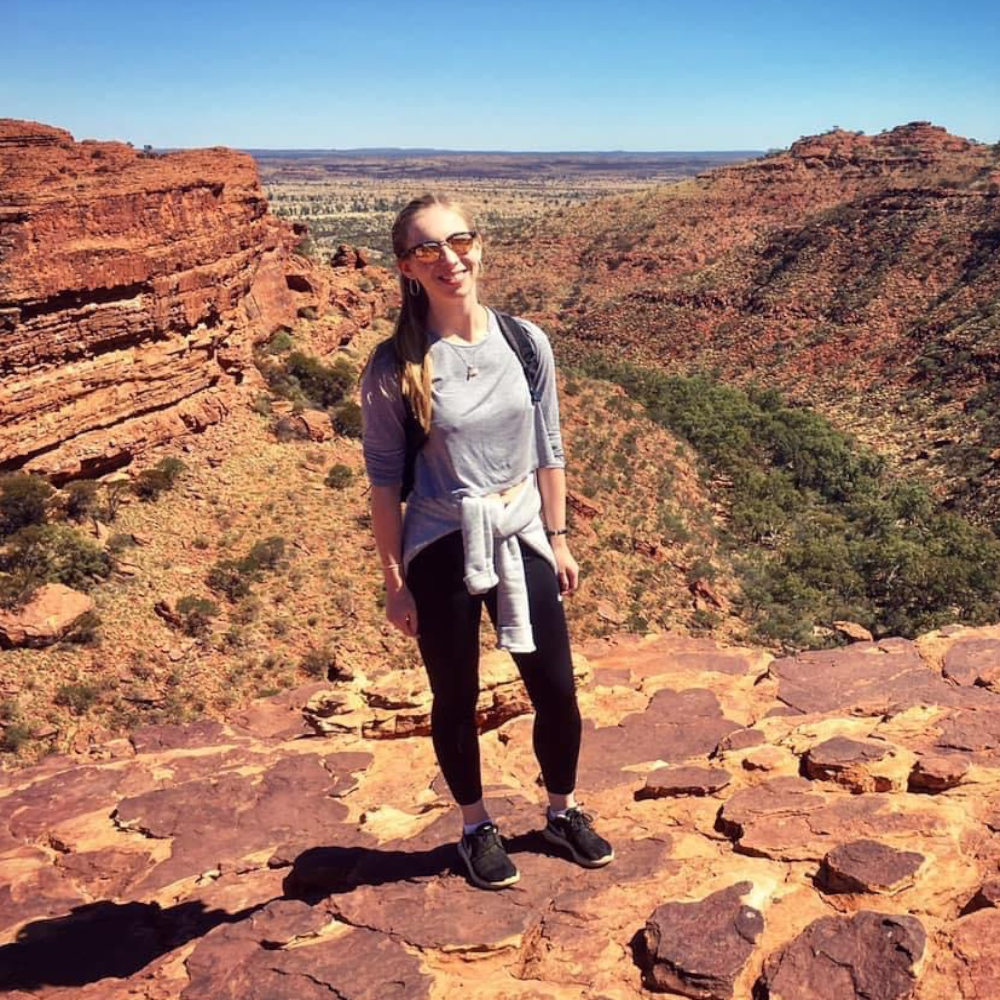
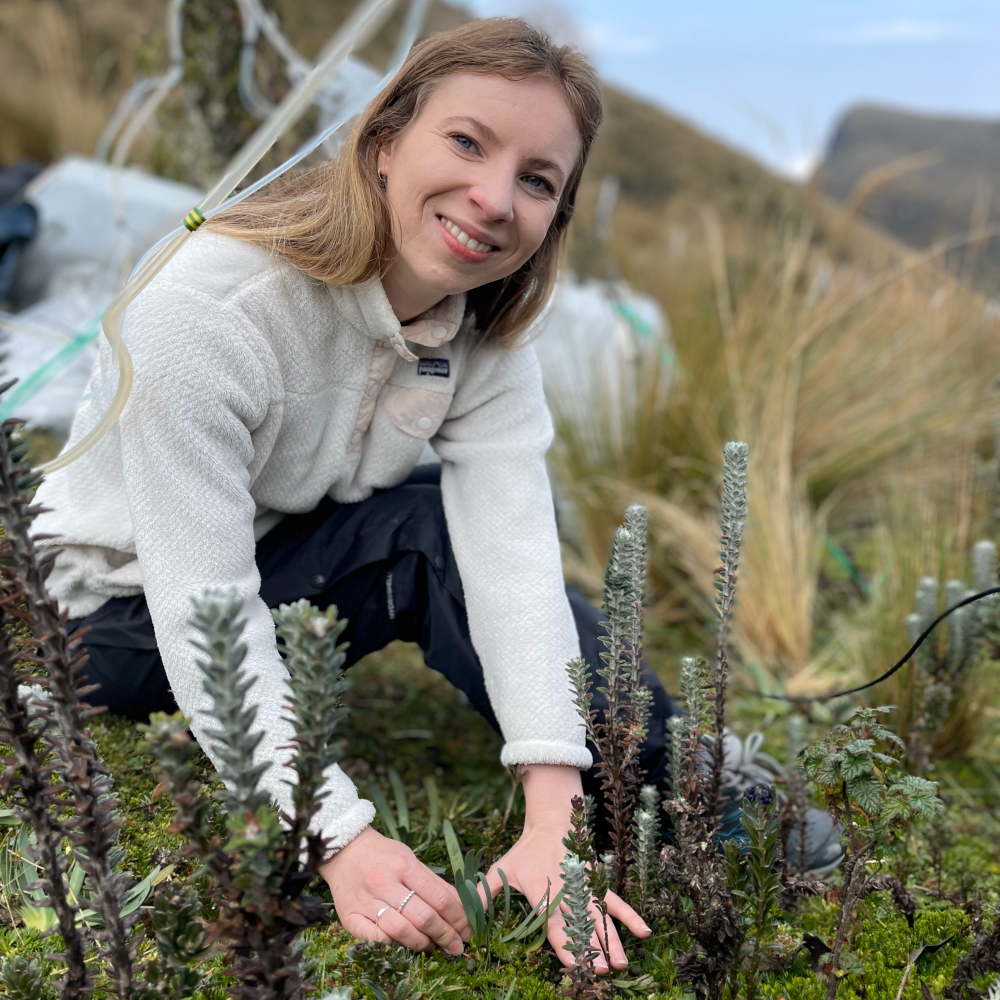
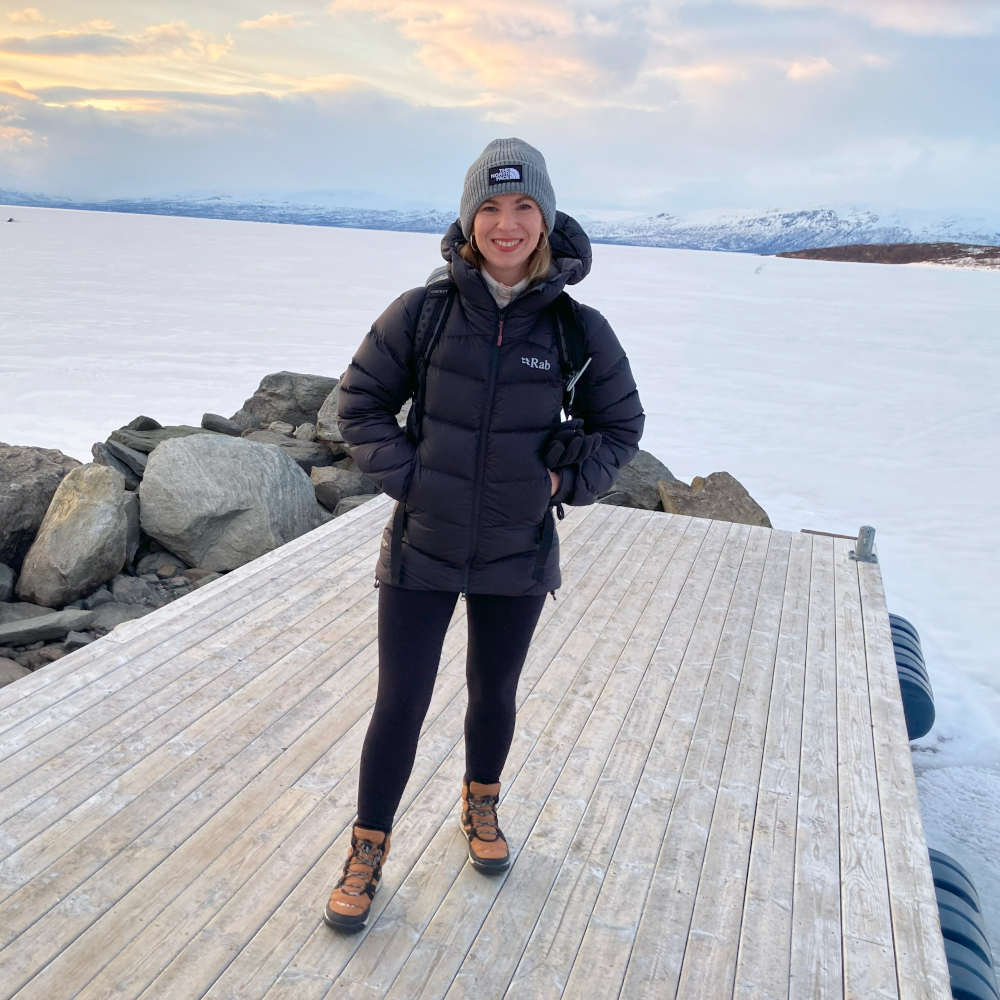
Young scientist's journey
Dr. Smart shared valuable insights with first-year environmental science students about the journey of being a young research scientist. From navigating the complexities of scientific exploration to making breakthrough discoveries, Dr. Smart emphasized the importance of passion, resilience, and continuous learning. Through their conversation, students gained a deeper understanding of the challenges and triumphs that come with being at the forefront of scientific advancement. Aspiring research scientists can find inspiration in Dr. Smart’s experiences, paving the way for a future where innovation and knowledge lead the fight against global warming.
Guess the smell
Dr. Smart hosted a live presentation to the public at Kulturnatten i Kobenhavn (Copenhagen’s Culture Night). The audience could participate in a variety of activities including “guess the smell” and “make a cloud in a bottle.” The audience heard how plants can emit compounds, called volatile organic compounds (VOCs), which affect atmospheric chemistry and have climate implications. Click here for news of future Kulturnatten i Kobenhavn events.
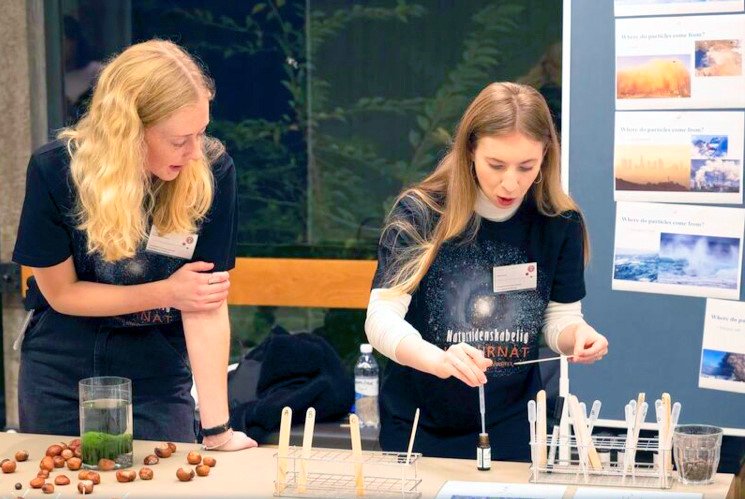
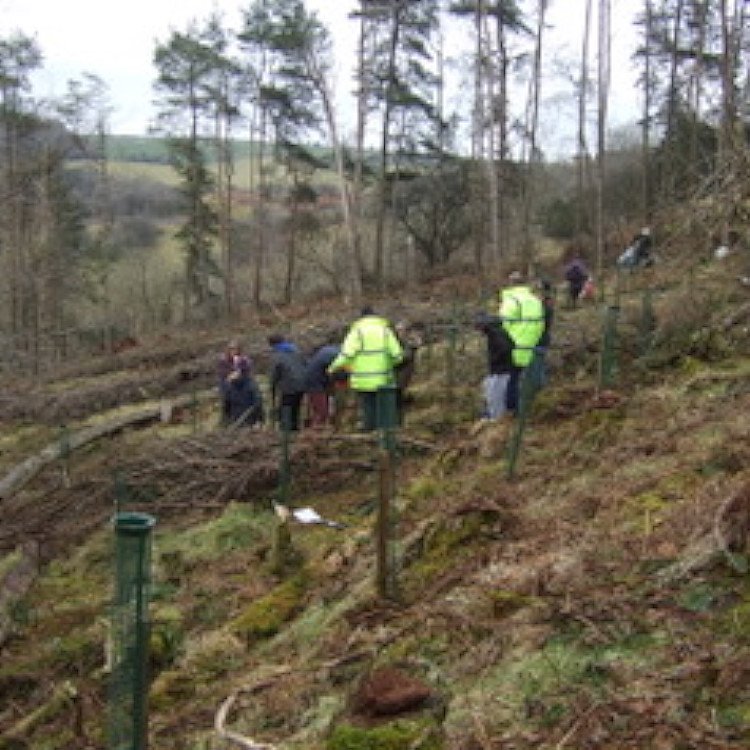
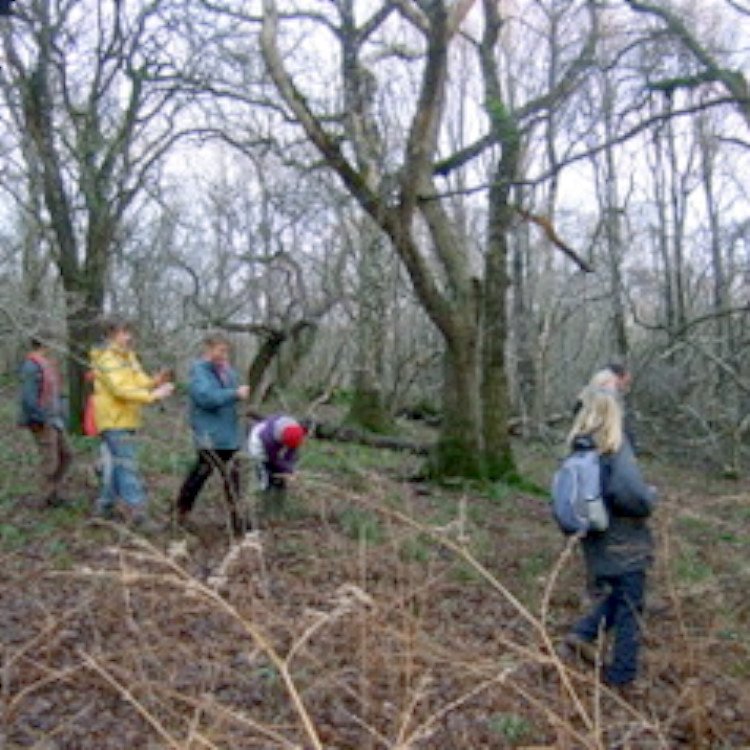
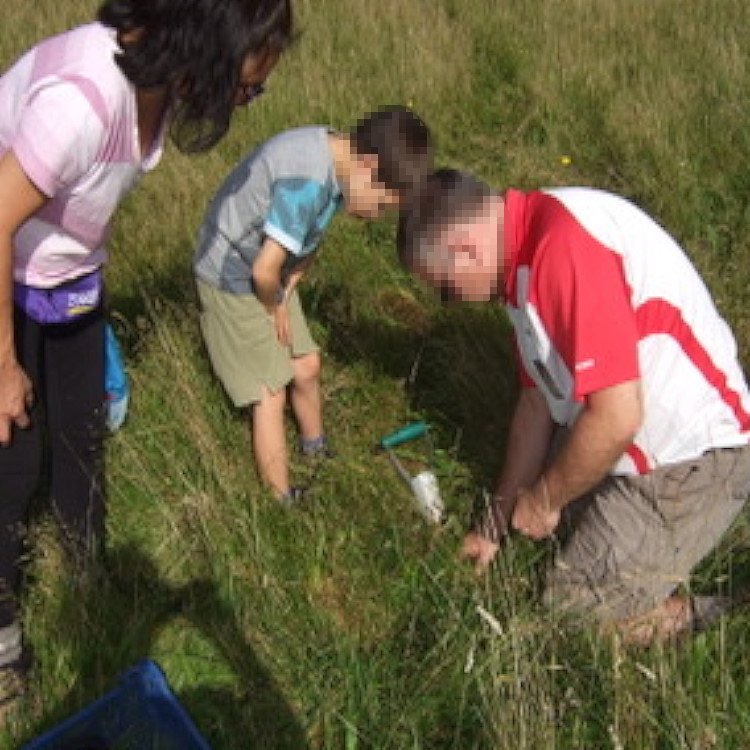
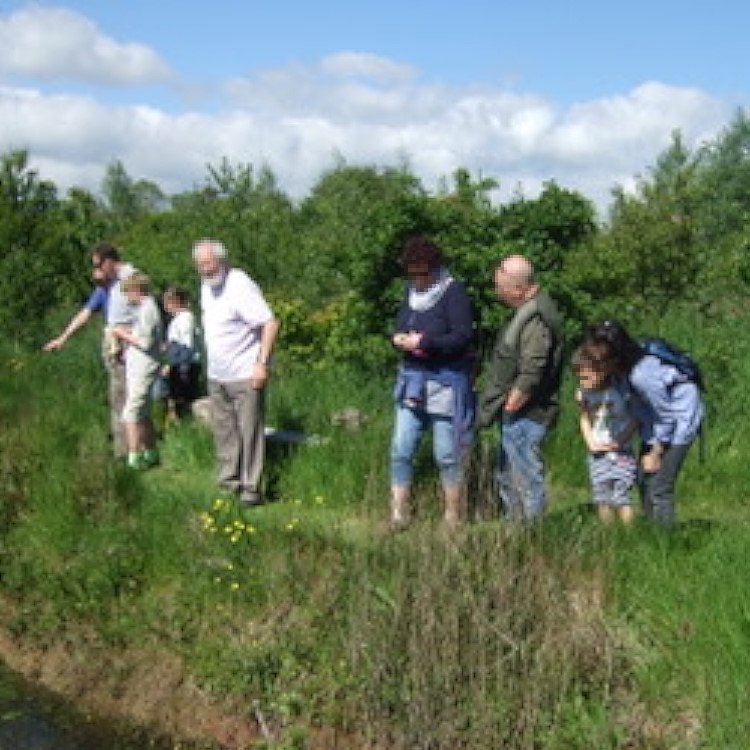
Working with environmental charities
Dr. Ayling, has worked with organizations such as the Somerset Wildlife Trust, Goblin Coombe Environment Centre and the Bath and North East Somerset Allotment Society. She sheds light on the potential impacts of climate change and suggests practical steps people can take to prepare for and mitigate these changes. With a profound passion for natural history and environmental education, Dr. Ayling led a Wildlife Watch group for many years. Currently, she dedicates her efforts to Somerset Wildlife Trust, leading educational walks and events for both adults and children (please click here for more information).
Unleash the potential of photosynthesis
Introducing the Power of Nature: Dr. Phillips was interviewed on BBC Radio Somerset by Charlie Taylor, where they discussed the evolution of natural systems powered by sunlight. A wide range of activities (including motion) can be performed by natural biological processes using photosynthesis in algae without the use of traditional motors or electrical systems. For more details click here.
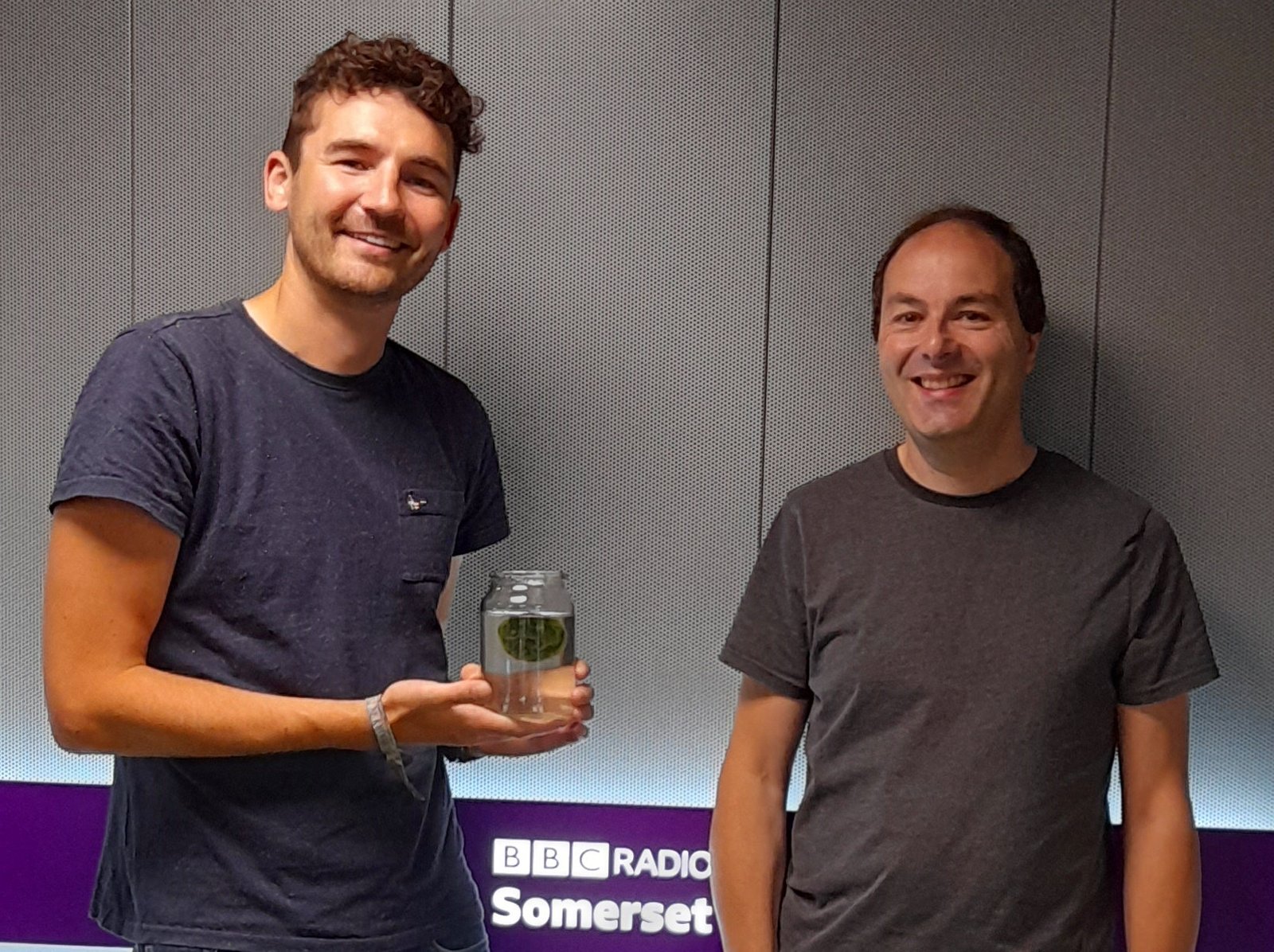
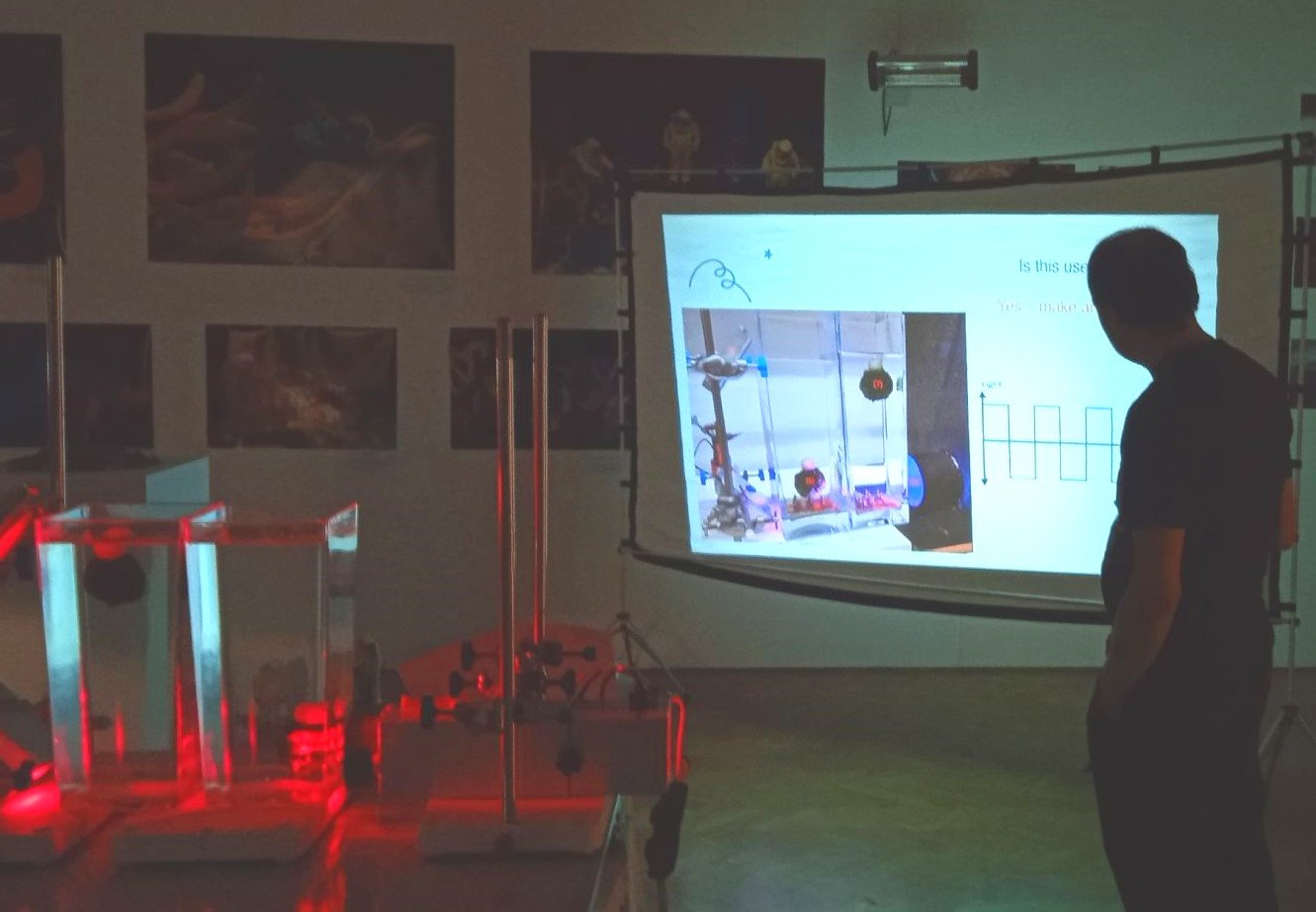
Bio-engineering demo
Dr. Phillips took to the Gallery Space at The Island in Bristol, inspiring the public with a mesmerising live demonstration of bio-engineering. The audience witnessed motion generated solely by light thanks to the power of photosynthesis. The demonstration highlighted the incredible possibilities of harnessing sunlight for a wide range of activities without relying on traditional motors or electrical systems by unlocking the potential of nature’s own processes. For more details click here.
Working with communities
Dr Ayling organised plant identification workshops and trained volunteers to collect data for the Drought Risk and You (DRY) project. She also contributed to field visits, for local people and stakeholders to raise awareness of the impacts of climate change on grassland and organised a field-based workshop for primary school teachers about the importance of pollinators. Additionally, she has organized Community Tree Days and school visits to raise awareness about the crucial role of trees in maintaining a healthy environment. With her guidance, volunteers have been able to actively contribute to these initiatives, fostering a deeper understanding of the impact of drought and the importance of preserving our natural resources. Dr Ayling’s commitment to community engagement and environmental education continues to inspire and empower individuals to make a positive change in the face of climate change.
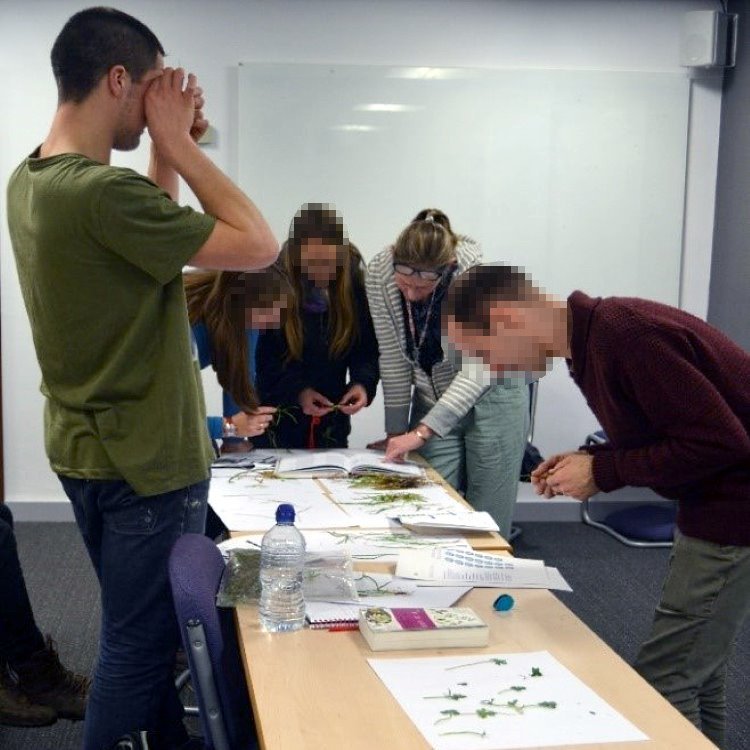
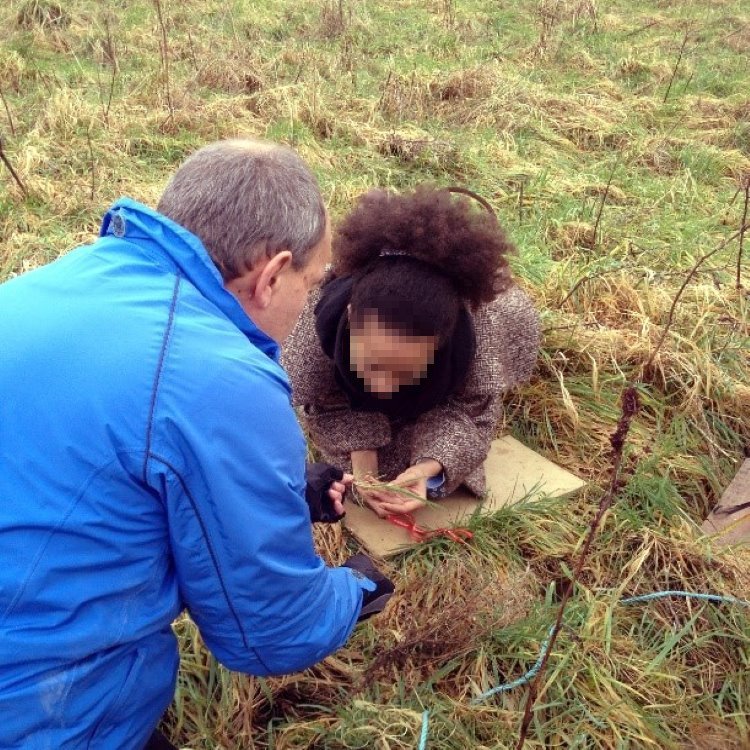
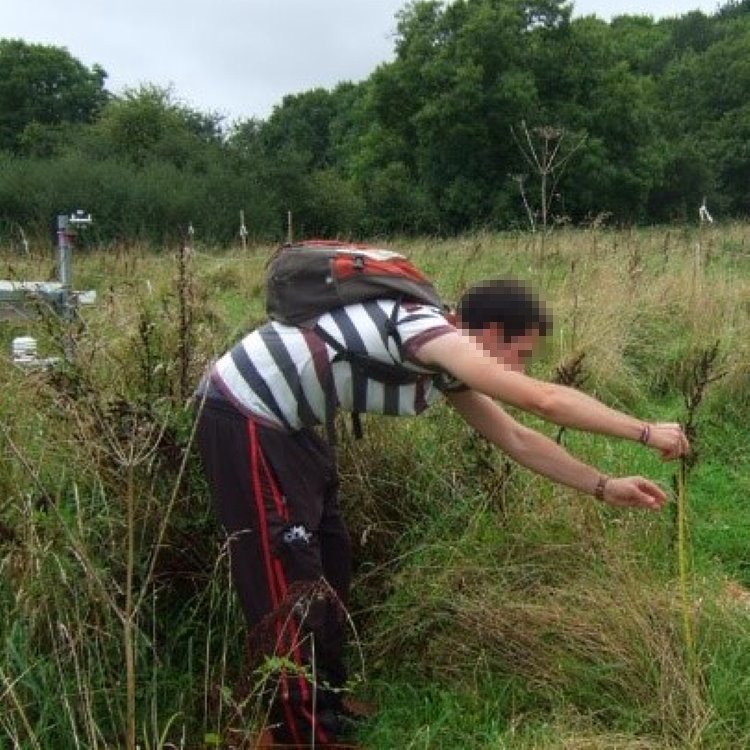
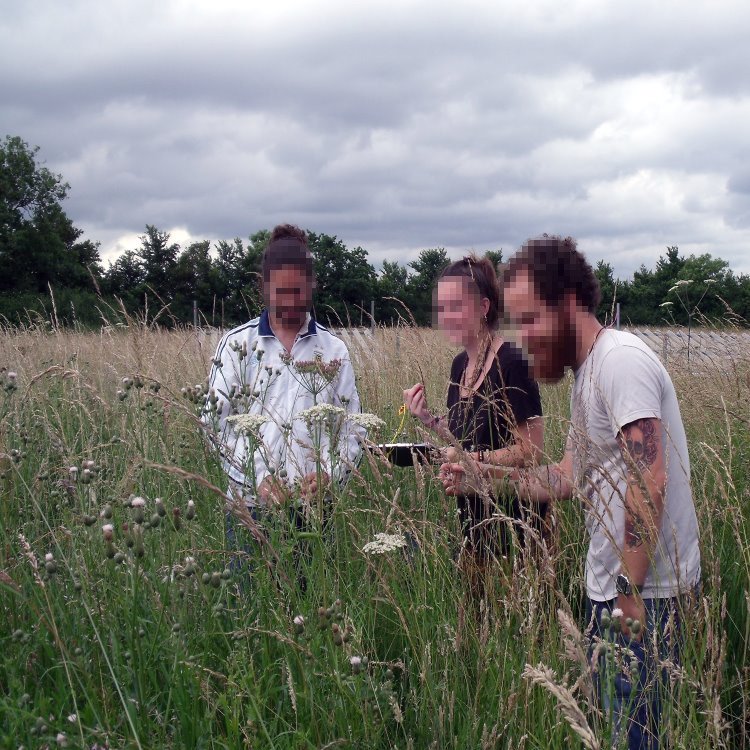
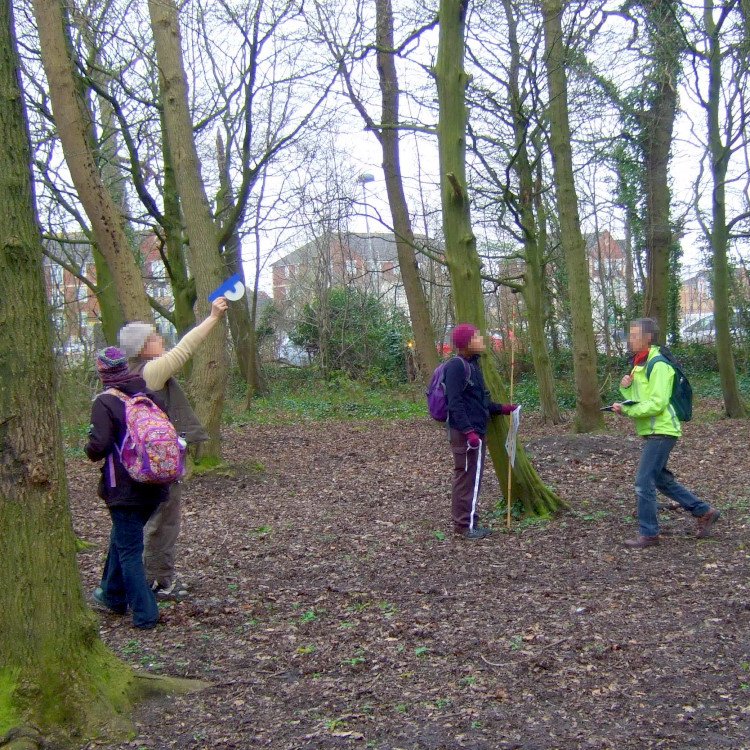
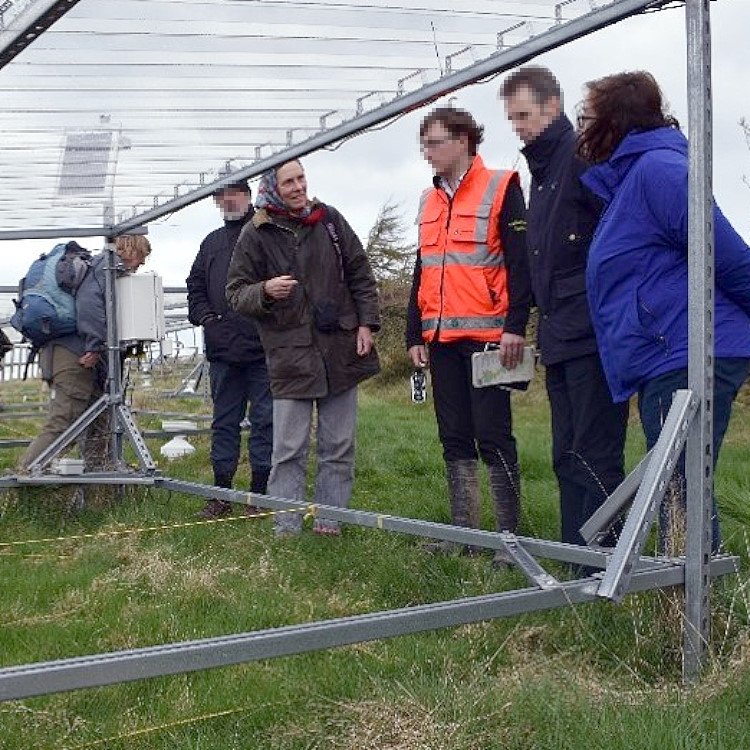
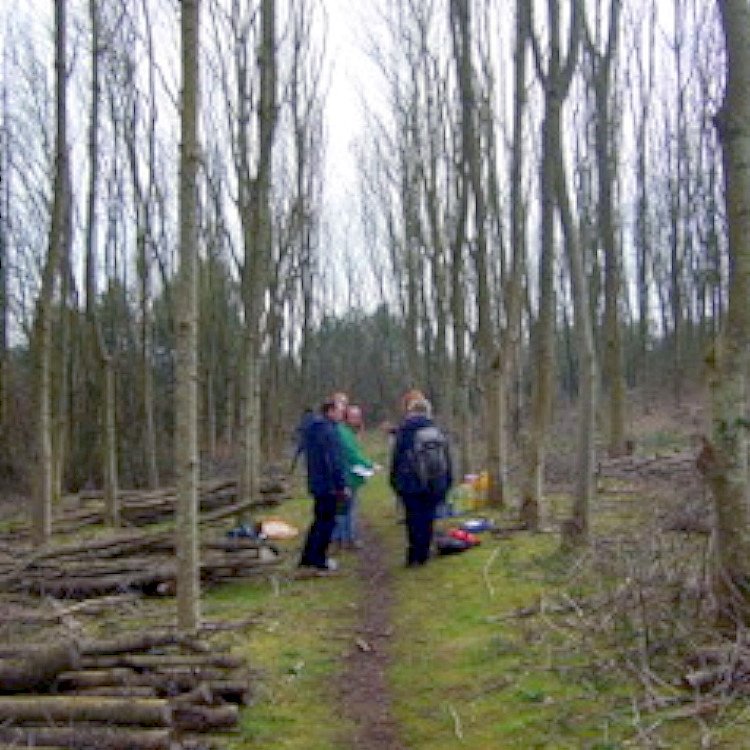
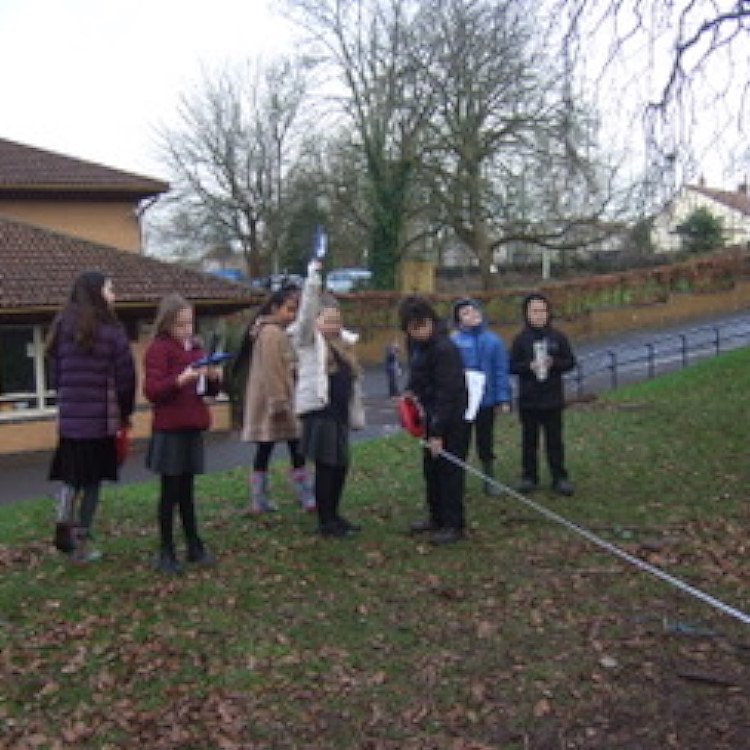
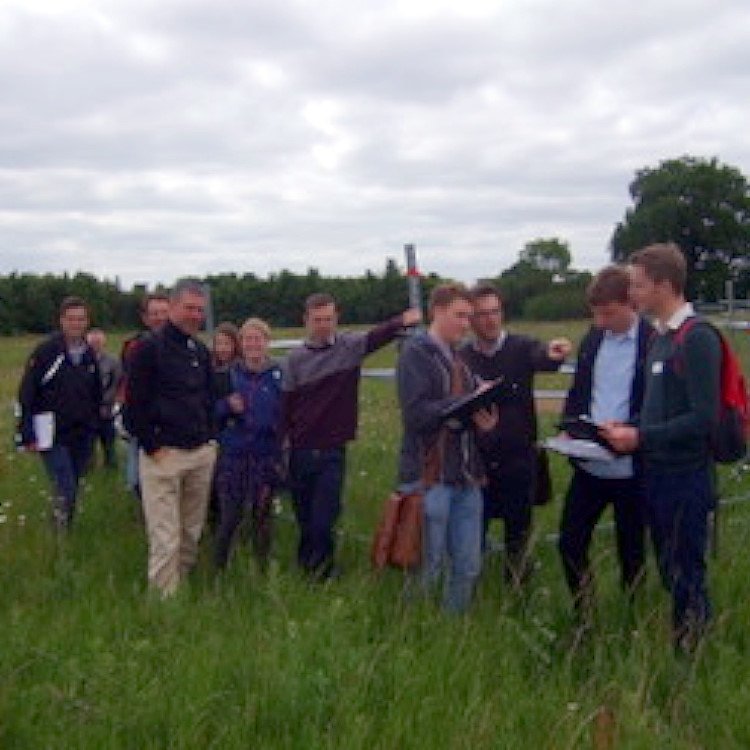
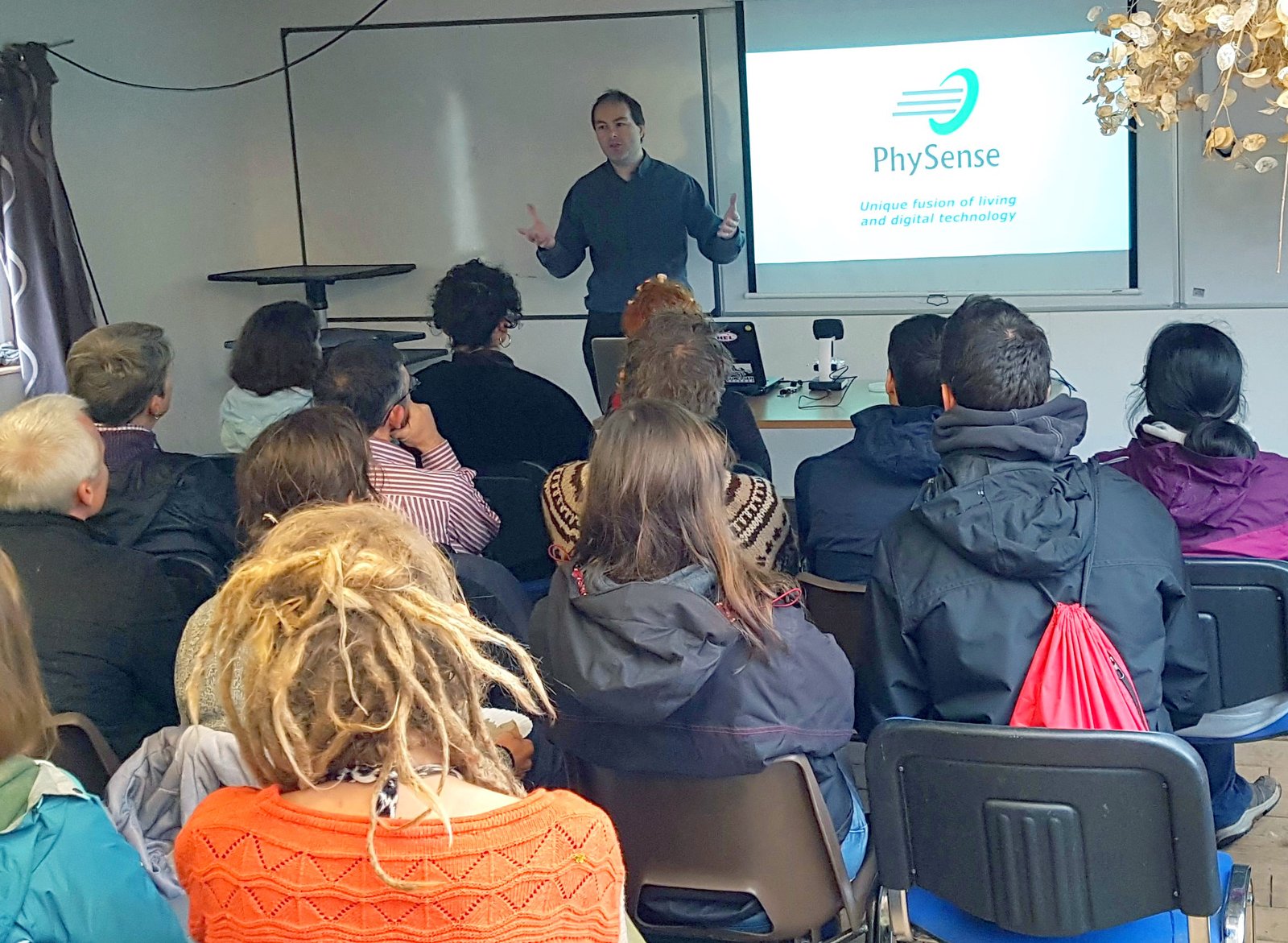
The secret world of fungi
Discovering the incredible potential of living organisms as biosensors. Dr. Phillips enlightened the audience with tales of the extraordinary abilities of plants, slime, and fungi during a captivating public talk at the allotment site as part of UK Fungus Day. Dive into the secret world of these organisms and discover how they can shape our future!
Global catastrophes
Public awareness of the relative likelihood of global catastrophes such as natural disasters and climate change is becoming increasingly important in today’s world. Dr. Phillips spoke about the severity of the different situations to the public at the Arnolfini (Bristol’s International Centre for Contemporary Art).
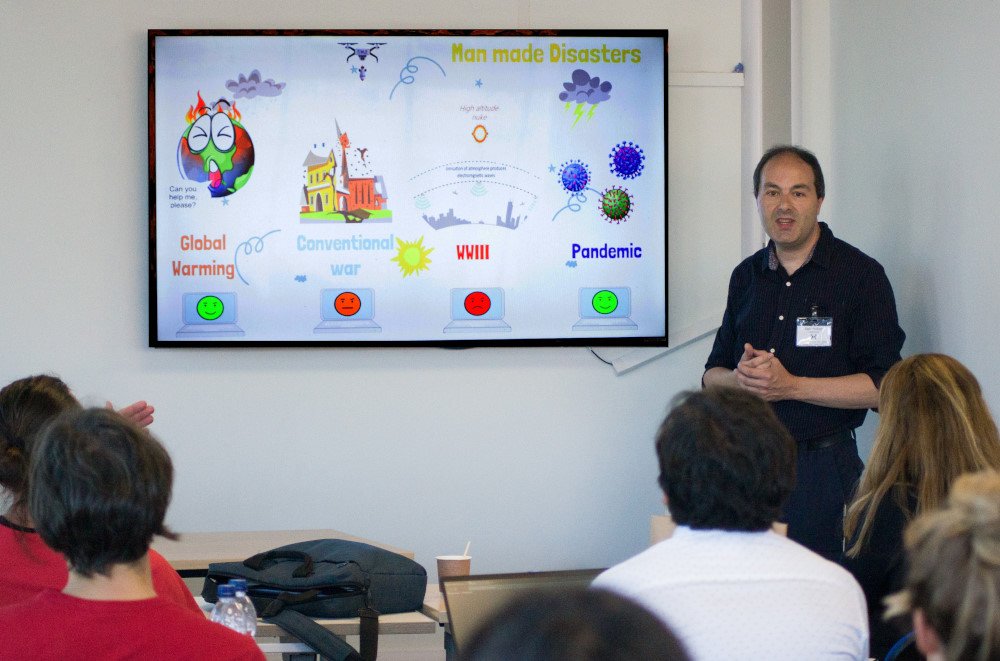
Previous outreach activties include:
Live measurements of hydrogen/methane concentrations in people’s breath at the Festival of Nature in Bristol Harbourside (annually for 5 years)
Competition among children at the Festival of Nature, for the best repeating uniform patterns (tessellations) in nature and chemistry (over 100 entries per year for 5 years).
An interactive exhibition showcasing sensor systems hosted during Science Week at Tyntsfield.
During Science Week, primary schools held hands-on classes to create and test natural pH indicators.
During Science Week, secondary schools explored patterns in nature through hands-on demonstrations and interactive activities.
Electronic nose demonstration at the Exploratory Science Centre, which was featured on UK national television (Blue Peter, BBC1).
Measuring methane and diagnosing disease with volatiles from faeces and breath was featured on UK national television (Embarrassing Bodies, C4).
Royal Society of Chemistry sponsored an essay competition on a chemistry topic for school children.
Royal Society of Chemistry web page competition for undergraduates.
Early career research meeting on gas analysis, co-organised by Dr. Smart.
